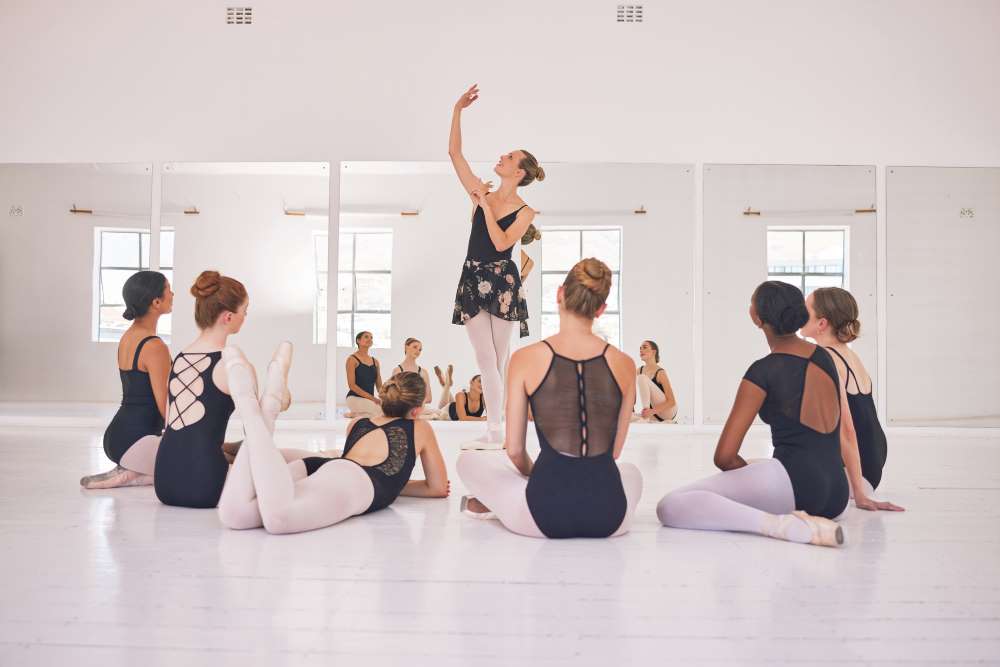
Far too many talented children are shortchanged at school, according to research undertaken by University of Iowa academics. Teachers have a set amount of topics to get through in the curriculum and often, the gifts of each individual child are not given the time and attention they merit. Parents can play an important role in helping to fill the gap, encouraging their children to hone their abilities, learn new skills, and even boost their academic performance. If you are a parent who would like to help your child find and engage in their passions, the following strategies may help.
Exposing Children to a Wide Array of Cultural Pursuits
Children may have more than one talent and if they are musically inclined, they may excel equally at playing a musical instrument, singing, and dancing. Embrace a wide array of cultural experiences that can awaken a passion for one or more of these activities. Taking children to the ballet, musical concerts, and the theater has a myriad of benefits. Research has shown, for instance, that kids who attend theatrical performances boost their creativity, hone their language skills, and sharpen their social skills by being exposed to a wider range of emotions than they may encounter in storybooks. Of course, you should definitely take things beyond cultural matters depending on your child’s talent. For instance, if your child is great at cooking, then concentrate on expanding their palates by exposing them to different flavors, textures, and culinary traditions.
Encouraging Extracurricular Classes
Enable your child to formally delve into their talents and make new friends with similar interests by enrolling them in classes. If you have a choice, opt for official institutions and bodies that conduct official training and testing that will qualify your child wherever they go. If dance is their passion, for instance, they can take part in classes and then opt for exams by international dance groups like the RAD (Royal Academy of Dance) in the UK, which examines students across the globe. Children who are into languages, meanwhile, may enjoy learning French and passing an official exam like the DELF and DALF. Kids who hope to work professionally in the areas they are talented in will enjoy passing different levels and exams and seeing their dream transforming into reality.
Teaching Your Child to Embrace a Growth Mindset
Studies have shown that negative beliefs about talent are formed during childhood. Research conducted in 2017 at Northwestern University showed, for instance, that many adults who believe they can’t carry a tune have developed these beliefs in elementary school. These beliefs, which are often false, can have lifelong consequences for a person’s relationship with music when they are adults. Parents should avoid telling kids they are “good” or “bad” at specific activities, as if skills and talents always have to be fixed. Instead, children should be taught to adopt a “growth mindset.” The latter involves the idea that all of us can grow, change, and learn new skills we didn’t master in the past.
Most adults would agree that few things are quite as fulfilling as taking part in an activity that they have a talent in. Of course, not everyone is born with talent. The growth mindset indicates that both skills and talents can be developed and honed. To strengthen your child’s talents, expose them to a wide array of experiences, invest in formal classes if your child is committed to them, and avoid labeling a child as inherently “bad” at specific activities and hobbies.



























